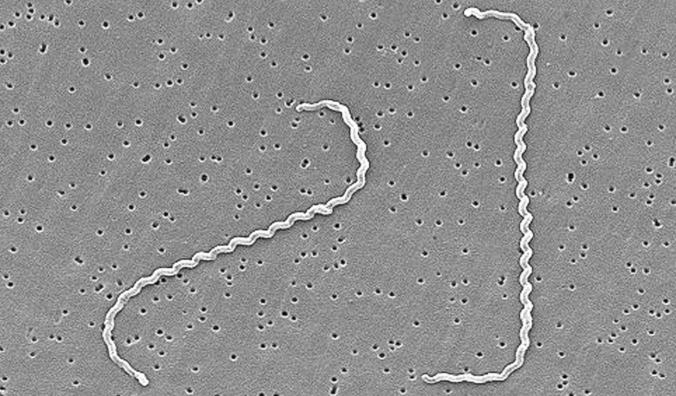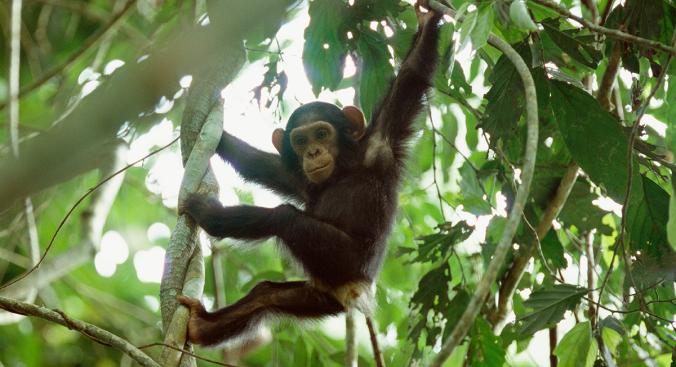
In the New York Times, I tell the story of a boy named Joshua Osborn who almost died because no one could figure out what made him sick. As House has taught us, diagnosis is an important yet difficult art. But scientists are developing a new way to search for the causes of diseases–by simply looking at millions of pieces of DNA from the patient. In Joshua’s case, a little of the DNA belonged to the culprit–an obscure kind of bacteria called Leptospira–and the discovery pointed to a treatment that quickly wiped it out. This kind of testing is still a long way from regular use, but Joshua’s very existence offers the compelling case that it’s worth trying to develop. Check it out.

